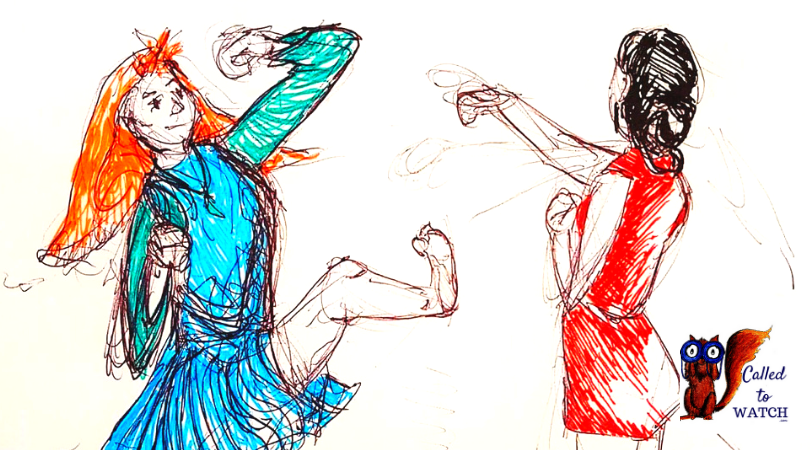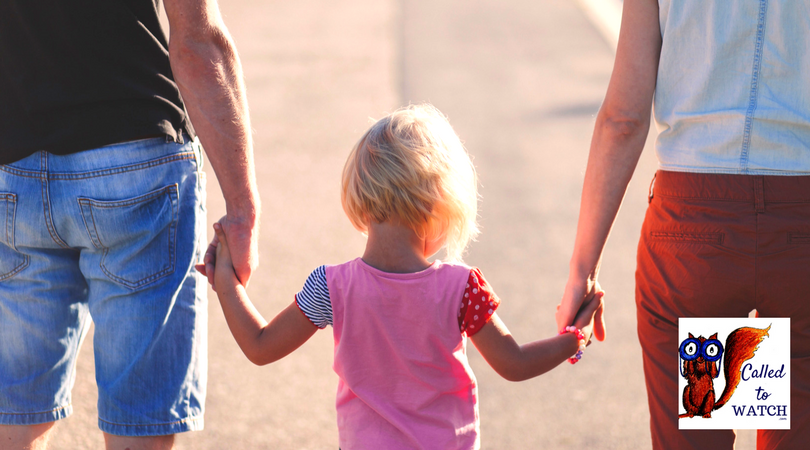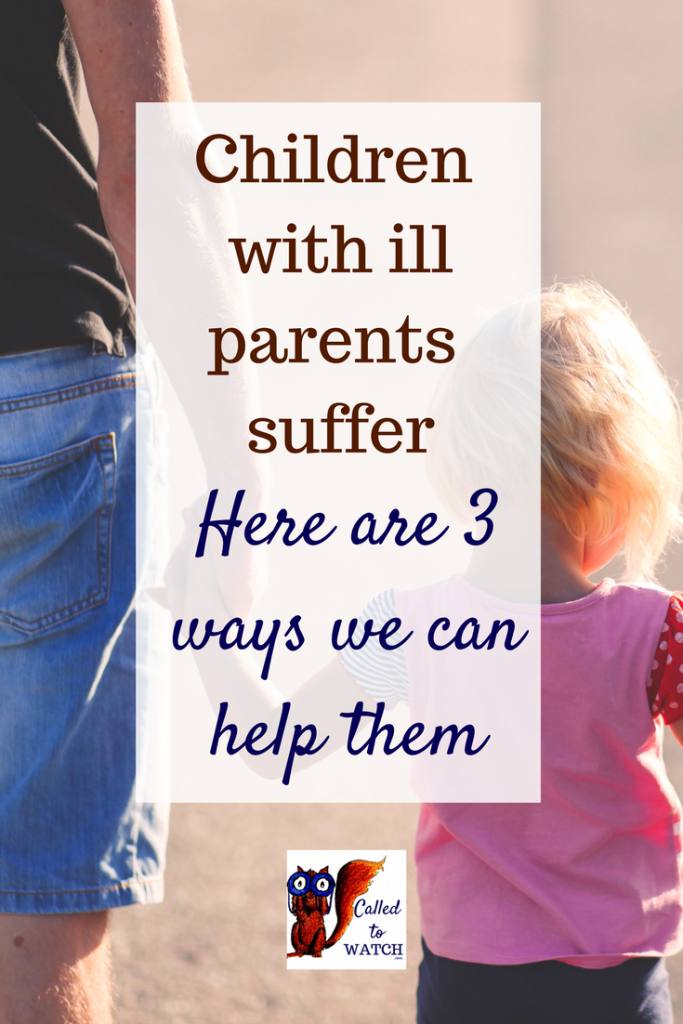Is there anyone in your life who is dependent on you?
Sooner or later most of us want to sit down and plan our future, or at least make a “five-year plan”. Yet if you are a caregiver, this can be difficult.
The Bible tells us to “bear each other’s burdens.” (Galatians 6:2) – But, when those burdens interfere with your personal goals, are you allowed to set them aside?
Is it possible to love your sick family member, and at the same time plan a future for yourself?
Why is it more difficult to plan for the future as a caregiver?
Planning for the future is hard for everyone. Whether you have too many possibilities or not enough, it’s difficult to figure out what something we have never experienced will look like.
Most of us have dreams we’d like to see become reality, or at the very least we dream that one day we will have dreams.
Considering our future in the presence of chronic illness is even harder. Illness is unpredictable. We can’t say how long our family member will need us, or how soon they will take a turn for the better or the worse.
We need to be realistic, but also hopeful.
Loving someone who is ill or aging means that whatever decisions you make, you are making them for two. That is a lot of responsibility, and there is a huge pressure to ‘choose right’.
PS: Enjoyed the post above? Get the next one delivered straight to you! Sign up for email notifications
I’m also on Facebook, Pinterest & Twitter! Meet me there for more interesting reads, resources and community.














